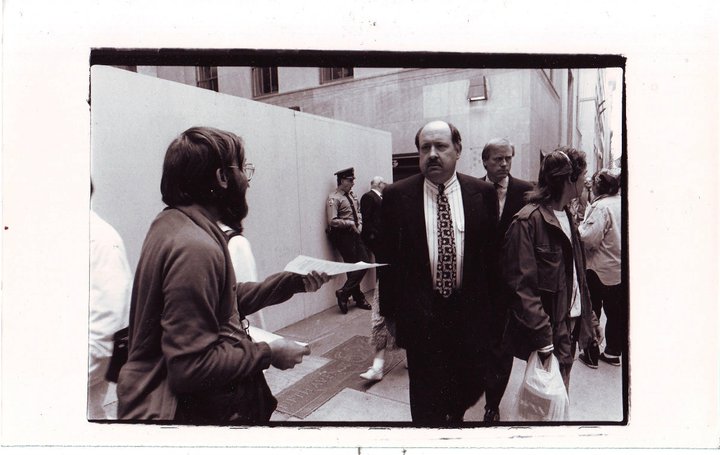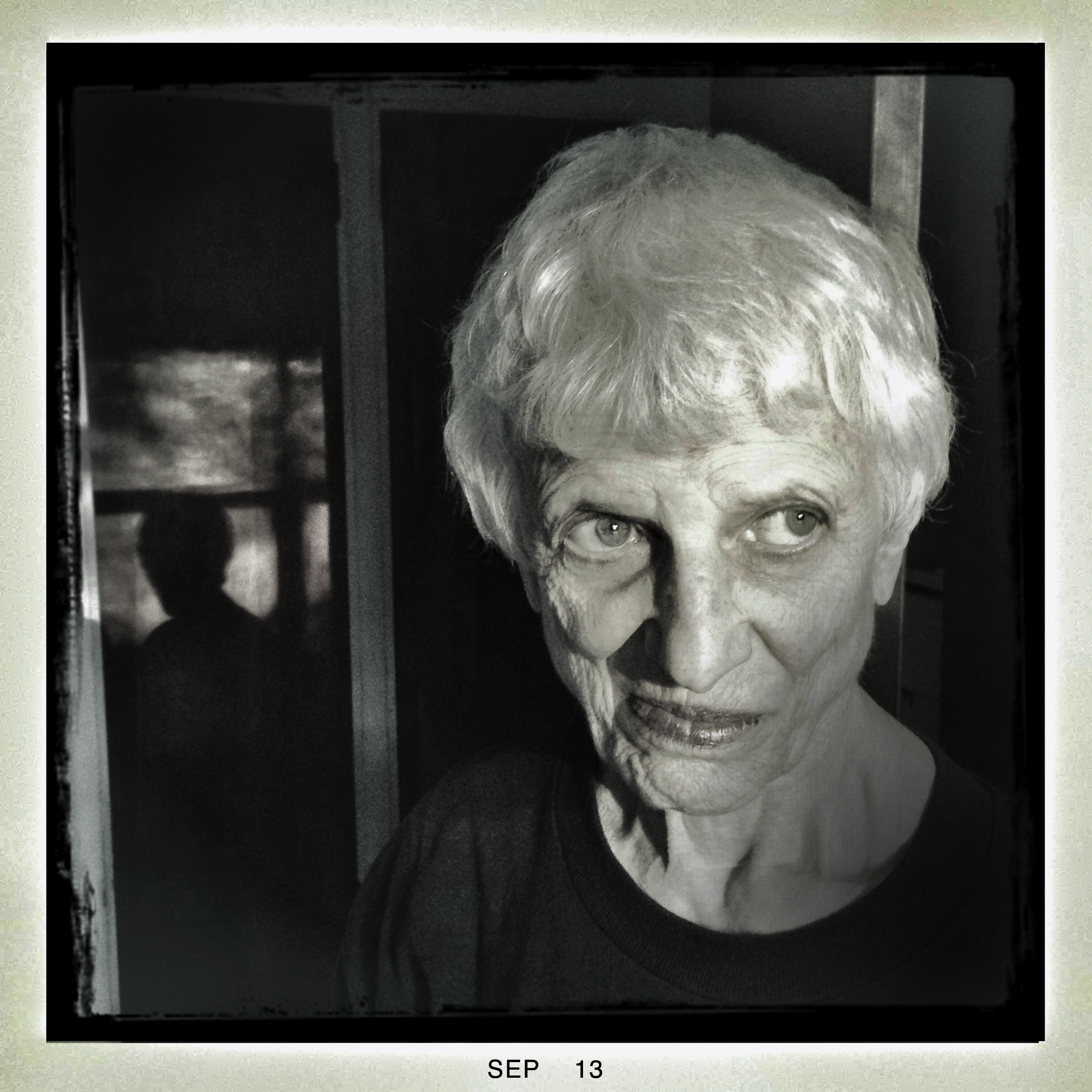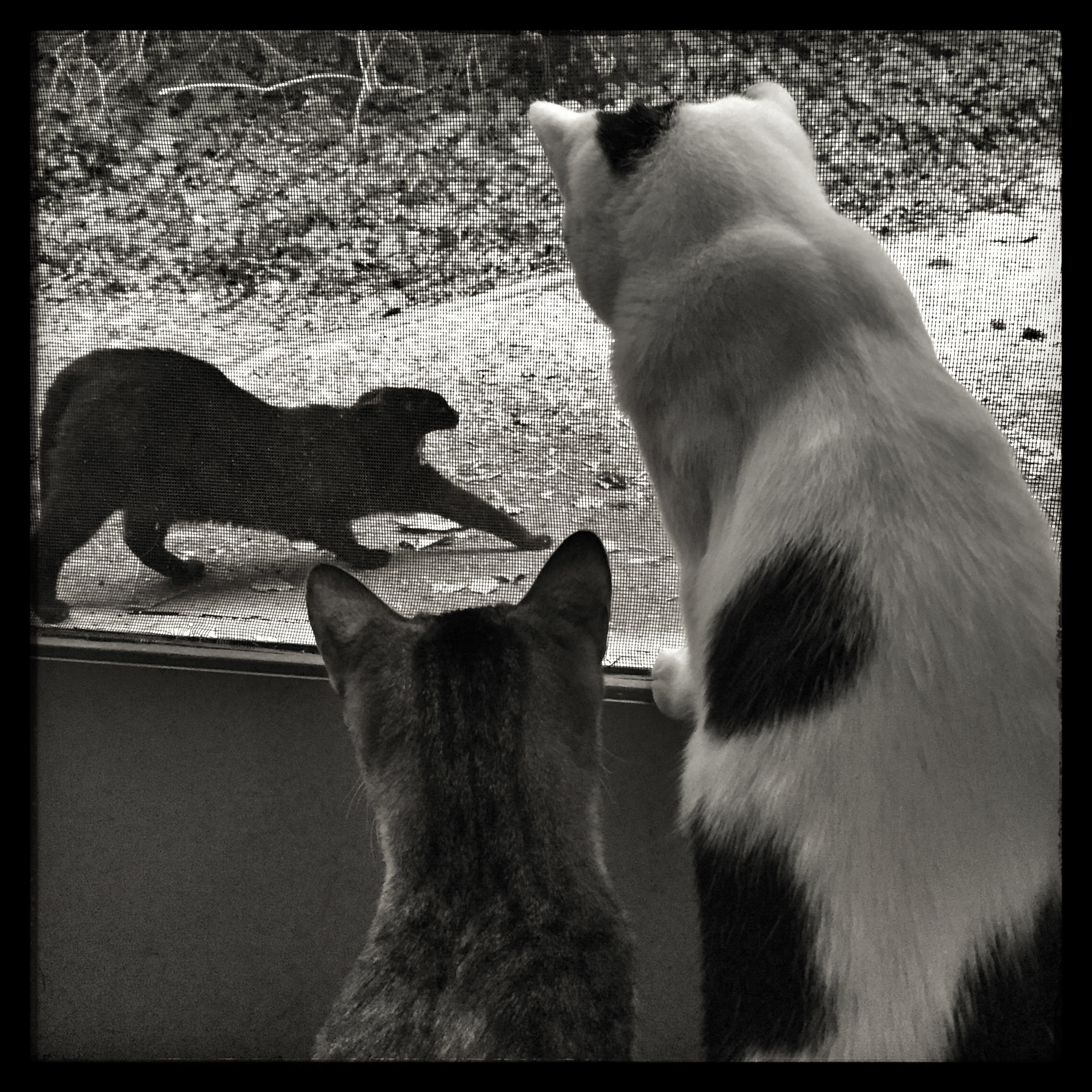10 May Empathy and Judgement

This morning as I set out on my ramble through the meadow, I was thinking a lot about judgement and empathy; more specifically about how judgement stifles communication and empathy facilitates it. Think for a moment about how difficult it is to talk to a parent, a teacher, or a boss when you know they are searching your words for reasons to say no to your request, to punish you, or to force you to conform to their way of thinking. Now, think about how much easier it is to express yourself to someone who is fully present and listening to you. It can actually be disconcerting when we aren’t used to it. It can be hard to trust that kind of earnest presence if we have been conditioned to expect judgement. When people are really listening it can feel a bit like we are being conned.

Empathy and judgement have strong religious connotations as well. Having grown up in a household where religion was rarely discussed – except with some level of distrust – I was drawn to a deeper understanding of the ideas behind religion and spirituality when I went to college. I ended up as a religious studies major simply because I had already taken the classes needed to complete it by the time I had to declare a major. In all of these classes, we rarely discussed empathy. While I have held onto a fairly skeptical view of organized religion, I have become increasingly convinced that the spiritual underpinnings of these impulses have great value: especially those ideas related to empathy and compassion. Still, It’s been a long road from those disparate classes in college 25 plus years ago to mid adulthood. Sixteen years ago, I became a parent, and like my parents before me, I did not introduce my children to formalized religion. However, over the past few years, I have begun to once again explore the connection between mind and spirit, and I have been meditating. It’s made me a much better parent.

About three years ago I read Eckhart Tolle’s “A New Earth” while traveling with my mother and my daughter. Many years earlier, I had tried to read “The Power of Now,” but I was put off by it’s post-hippie, “new age” vibe. As referenced above, the empathy that emanated from the pages felt like some kind of con to me and I simply didn’t trust it. However, by the time I got to “A New Earth”, the student was ready, and the book had a tremendous impact on me. My mother is quite anxious and strong-willed. For years, I had dealt with this by repressing my reactions to both the anxiety and the control. I worked to do what she pushed me to do because it was the only “safe response”. However, as I read the book, which focused on finding empathy for those people in our lives who cause us duress, I was able to shift my reaction from repression of frustration to a pretty solid level of empathy by imagining how difficult it must be for her to struggle with that anxiety and that need for control. I thought about what a burden it was and resolved to do what I could to help ease that burden rather than begrudgingly accept it. The results were instantaneously positive. When we got off the plane we had to get a rental car. My mother was stressed out, and rather than close off to that stress, I simply observed it. With my resistance gone, her anxiety quickly dissipated because she felt listened to. Rather than say, “Yes, stop worrying, I’ll figure it out,” with an energy of repressed rage, I was able to fully listen to her concern, and before she even finished it, she’d let it trail off because she felt heard. Since that day three years ago, our relationship has been wildly more comfortable and mutually supportive.

For some context, a year or so after I left for college, I was home one time for a visit. My mother wanted me to clean out my childhood room. It was a somewhat emotionally fraught and overwhelming proposition and despite her entreaties, I had avoided it for the first few days of my visit. Finally, I got up the energy to do it, and as I was going through piles of papers and books, she came in complaining that it had taken too long. I remember trying to very consciously tell her that I was now doing it and her berating me wasn’t going to help. This made her so livid that she spent the whole night storming through the house slamming doors and she wouldn’t really talk to me the rest of that trip. I’m sure that I wasn’t as patient as I tried to be, but it was still such a difficult and frustrating experience that for the next 25 years, I found myself withdrawing, and we had very few substantive discussions or deep connections. I wasn’t consciously holding a grudge, there was simply a distance that neither of us quite knew how to broach. It was only about twelve years ago when my father died that we were forced to deal with each other in a more complex way. Over the next decade, the process of trying to work together would sometimes become so overwhelming that I would often find myself on the floor shaking, with what must have been volcanic levels of repressed rage fighting to be released. So, our loving and supportive communication at this point is nothing short of a miracle.
The next step on the path of gaining greater insight into empathy was doing a 10-week meditation program called “The Presence Process” as outlined in a book by Michael Brown (Instead of “empathy,” I typed “spiritual matters” at first, but my conditioned skepticism to all things spiritual made me hit the delete button. “Empathy” is a more palatable way for me to discuss the same ideas). I have been working at meditating ever since I moved back to the house I grew up in almost five years ago. I’ve done several iterations of the Oprah and Deepak 21-day programs and found them useful. The Presence Process was a much more profound shift that has continued to slowly unfold for me. I can say with some confidence that two years after doing the work, the benefits continue to unfold. Each week, the reader is given a new mantra and a new centering idea. For me, the most important week was the third. In this week, we are instructed to recognize when we feel angry, separate ourselves from the situation, and reflect on what it is about ourselves – our conditioning, and our judgement – that makes us feel “angry”. The idea is that when we are angry, it isn’t about what the other person has done, but instead our reaction to an expectation of how things “should be” rather than an acceptance and awareness of how they are. This is a particularly difficult concept to get, because it at first sounds like it means allowing others to take advantage of us, or that we should “accept” bad behavior. What the book helps us understand is that rather than react to these events, if we can remain present and observant, we are able to respond to them. When we respond, rather than react, we find that instead of escalating the situation, we can usually resolve it much more smoothly.
Our reactions to what we perceive as unacceptable behavior is often “negative”. A negative reaction to a negative situation leads to a further negative reaction – soon we have a chain reaction that can quickly become explosive. When we are angry, we go into flight or fight mode, which means we are no longer thinking expansively or openly; solutions are hard to come by. This is where empathy comes into play. When someone does something that triggers a negative reaction in us, and we recognize and neutralize that reaction which us allows us to respond with empathy instead of anger, we can then neutralize the situation. This doesn’t mean that we have to acquiesce to things that we don’t agree with, but instead that we take on responsibility for creating a space where discussion might be possible. Clearly, this won’t always help when there is a profound power differential, but when we respond to the person who we feel is attacking us – or failing us, or trying to control us – with empathy and openness, their anger, general nastiness, or need to control the situation often subsides. When they feel listened to, they are often more open to working together. I don’t mean to oversimplify these situations, but I have found that it almost always works to dissipate conflict.

All communication exists within a cultural construct. In other words, unless we have some level of shared understanding, communication is impossible. This means that ideas are shaped by cultural influences and context. Therefore, all ideas are fluid – just as culture is.
One of the reasons I was thinking about empathy this morning was that over the weekend we watched the documentary “The Rachel Divide”, about Rachel Dolezal and her adoption of a Black identity. If you don’t recall, Rachel was the president of the NAACP in Spokane WA when she was outed as not being African-American. As the fury over her lack of candor and honesty grew, Dolezal first used the term “trans-racial” to clarify the way she felt about her race, an idea which almost broke the internet. At the time, I had some empathy for her, but also found the whole thing a bit hard to take. However, as I looked a little bit more closely, the situation was clearly more complex than we were learning through the twitter mob response.
I have several Facebook friends who were so livid about the way that Dolezal handled the situation that I wasn’t about to raise any questions about their position. I didn’t feel too strongly about it either way, but it frankly felt unsafe to ask, “If we now see gender as a cultural construct, why is the idea so odious that someone might feel the same way about race?” This is the point that Dolezal was attempting to make, but she also didn’t do a great job making it. In fact whenever challenged she seemed to freeze up and retreat into herself.
The documentary started out with a bit more empathy than I had expected after reading about it. While we hear a good deal about the anger that people in her community felt about being deceived by Dolezal, we also spent a good amount of time with her and her son, as well as her adopted brother whom she re-adopted after he left her parents’ home. Both of these young men are Black. We learn that Rachel was brought up by radical evangelical parents who listed Jesus Christ as their midwife on her birth certificate. In their efforts to combat abortion, her parents adopted 4 Black children, but did nothing to help them understand or connect with their own culture. As a 10-year-old, Rachel took it upon herself to check out books about Black culture for her young adopted siblings. When she left home for college, she went to Howard, a prominent HBCU and began to embrace and adopt the culture. She got married to a Black man, and had a child. As she explained in the movie, her husband made her feel like she had to make a choice, to be a mother or a wife. So she left him and began to raise her son on her own. She also took in her adopted brother who had left her parents. Soon, she also took in her younger sister and parented her as well. Her younger sister left her adoptive parents because she said she had been sexually abused by Rachel’s biological brother since she was very young. When she tried to tell her parents about the abuse they called her a liar and made her hold soap in her mouth. Rachel revealed to her that she too had been molested by her brother. Clearly, there was a lot of trauma there, and a lot of pain. Rachel was taking on a great deal of responsibility to care for everyone. At the same time, the filmmakers made it clear that there was something a little bit “off” about Rachel.
She repeatedly goes on talk shows with the expectation that they will finally treat her fairly and doesn’t seem to learn when they don’t, which increasingly raises the ire of her 13-year-old son. When we see her on these shows or in other pubic appearances, she freezes up when challenged about her ideas, and she fails to fully apologize for using her White Privilege to appropriate Blackness- or understand why this enrages people. The rage at this is palpable, and she responds by disappearing into herself which only inspires more rage. As I watched the film, the word TRAUMA kept leaping to the front of my mind. It was kind of shocking to find that almost no one in the film showed her much empathy or understanding. After the film, I did a little googling and found that the anger was still very prevalent. That night, I hardly slept. I just felt bothered for her. I am not arguing that her concept of trans-racialism is one I believe society should fully and immediately embrace, but instead that Rachel is worthy of empathy.
The next morning I sent her a note of support on Instagram. Today, I looked at her post about the film and was surprised to find that almost every comment I read – there were thousands – was wildly supportive. So, despite the fact that the filmmakers kept their distance, having the more fleshed out back story about her traumatic childhood clearly connected with people, and their empathy came pouring out.

No Comments